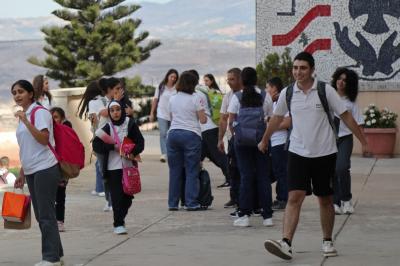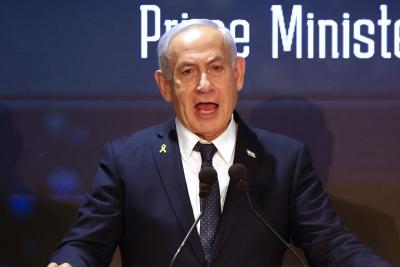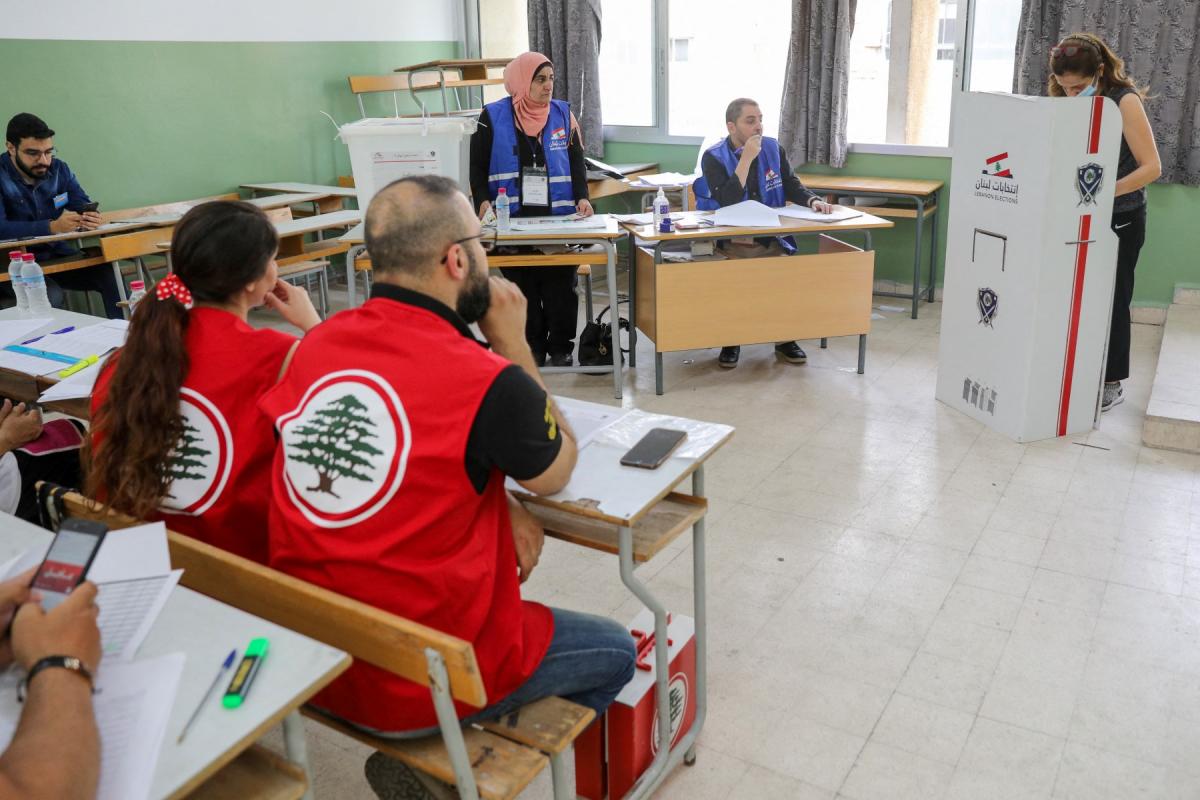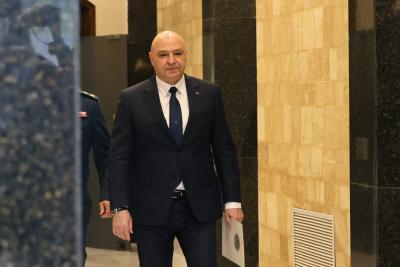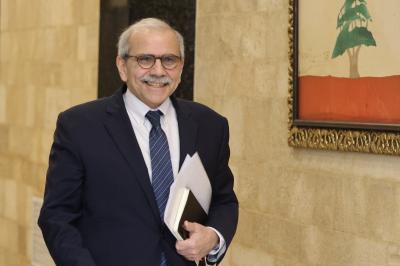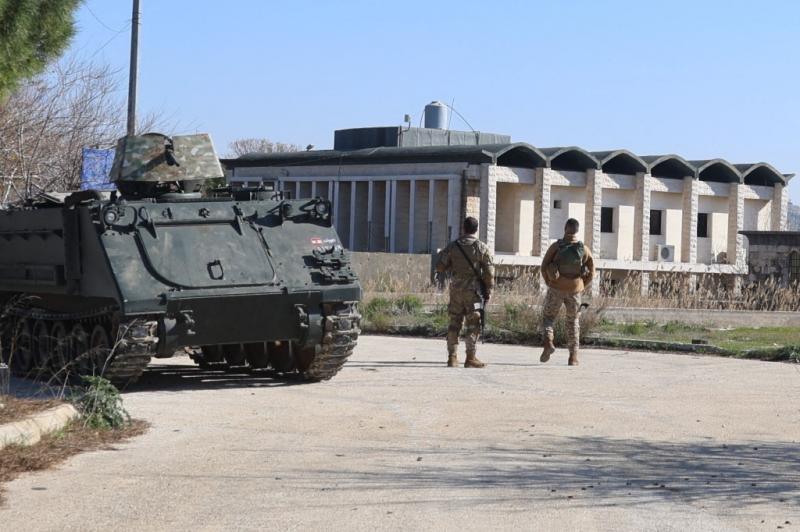Laxism in the handling of municipal affairs is a widespread affliction across Lebanon’s regions and sects. Often, no voice rises above that of family pride or clan interests, which tend to dominate voter decisions. All the developmental issues people have suffered from, the blame and criticism they've expressed over the years, are suddenly forgotten at the ballot box—where scoring points for the family becomes the priority, even at the expense of the towns, villages, and local communities.
All political parties in Lebanon, including the Lebanese Forces, understand this reality well. While the party is at times compelled to honor traditional family-based representation and seat distribution customs, it is simultaneously working to break free from them.
For the Lebanese Forces, the core of any municipal election is developmental work—not a political referendum. Hence, the party approaches each municipality and city based on its unique context, in a way that maximizes developmental outcomes without necessarily conflicting with partisan representation. From the COVID-19 pandemic to Lebanon’s economic collapse, and more recently, Hezbollah’s so-called “support war”—especially the two-month escalation and the resulting displacement—the Lebanese Forces have come to firmly believe that they cannot take local elections lightly, given the critical role that municipalities and their unions play. Additionally, alignment between municipal councils and Lebanese Forces MPs facilitates smoother developmental efforts on the ground.
To the Lebanese Forces, these elections are not a contest of families or political dynasties, nor merely a battle between parties. Yet the party acknowledges that Lebanese voters have yet to mature in their approach to municipal elections fully. Voter behavior is still driven by family ties rather than developmental electoral programs. The Lebanese Forces believe that building a democratic culture, familiarity with political work, and meaningful change is a cumulative process—not a sudden revolution.
Respecting the choices of voters—be they family-based or linked to political dynasties—the Lebanese Forces often engage in alliances with families or political houses. This stems from a philosophy of recognizing the other and steering clear of exclusion. Still, the party believes that political parties carry the responsibility to attract support through intellectual platforms and practical engagement, thereby limiting the influence of clannish or personalized politics in public affairs.
A Flexible Municipal Strategy
In light of this, there are no one-size-fits-all standards for the Lebanese Forces’ municipal strategy. Instead, the party adopts a range of approaches:
- Abstaining from direct involvement in towns where locals have agreed to keep party politics out of the election or where family affiliations overwhelmingly dominate. However, this doesn’t prevent the party from encouraging competent members to run in order to enhance representation and contribute to development.
- Promoting consensus in towns that are fully within the party’s orbit—on the condition that this is done through clear electoral programs and transparent standards. The aim is to encourage the best candidates to run as a cohesive team, as seen in North Bekaa’s Deir El Ahmar area, where the Lebanese Forces face little political competition. If consensus fails, the party encourages a democratic contest free of sectarian tension, prioritizing platforms and candidate quality over family allegiance.
- Running full lists with direct support when consensus is unattainable, in order to secure municipal councils that align with the Lebanese Forces' developmental vision and avoid obstruction, as is the case in Bsharri district.
- Forming broad coalitions in larger towns and cities—bringing together families, political houses, parties, and civil society—especially in areas where the last municipal elections were politically charged, and where victors failed to set aside personal agendas in favor of public service.
Notable Electoral Scenarios:
- Zgharta District: The Lebanese Forces are allying with the Independence Movement, political figures like Jawad Boulos, and local civil groups. While defeating the Marada Movement in its stronghold of Zgharta city is unlikely, the real battle lies in the surrounding villages whose results will determine control of the municipal union.
- Batroun District: The hometown of Free Patriotic Movement leader Gebran Bassil. Here, the Lebanese Forces are joining forces with the Kataeb Party and Majd Boutros Harb to challenge Bassil’s influence and break free from the hurdles faced by non-FPM municipalities during President Michel Aoun’s term.
- Jounieh, Keserwan: A political heartland for Maronite Christians. The Lebanese Forces have sealed an alliance with the Kataeb Party, MP Neemat Frem, and former MP Mansour Ghanem El Boun, against the current mayor Juan Hobeich alliance with the FPM and MP Farid Haykal El Khazen. Ironically, a “crisis coalition” between all of them may emerge solely to block the Lebanese Forces and their allies.
- Beirut: Ensuring parity in the capital’s municipal council is a top concern, especially after the last elections in Tripoli led to a council made up entirely of Sunni members with no Christian or Alawite representation. The Lebanese Forces are engaging with all Beirut stakeholders—including the FPM—to preserve this balance, especially since there's no time to amend the law to ensure proportional representation by neighborhood, as is done in Paris.
Regardless of whether municipal elections take place on schedule or face technical delays, the Lebanese Forces are preparing vigorously, as though the elections were imminent. Alliances will soon emerge across other regions, with candidates and local players flocking to the party’s headquarters in Maarab, recognizing its growing influence in Christian areas—as seen in the latest parliamentary and student elections, where it scored decisive wins over the FPM. Candidates are also drawn by the party’s internal cohesion and voting discipline—qualities lacking in the FPM, which continues to suffer from internal divisions and resignations.
Despite the family-centered nature of local elections, could these municipal contests offer a first glimpse into the Christian political landscape ahead of the next parliamentary race?
 French
French


